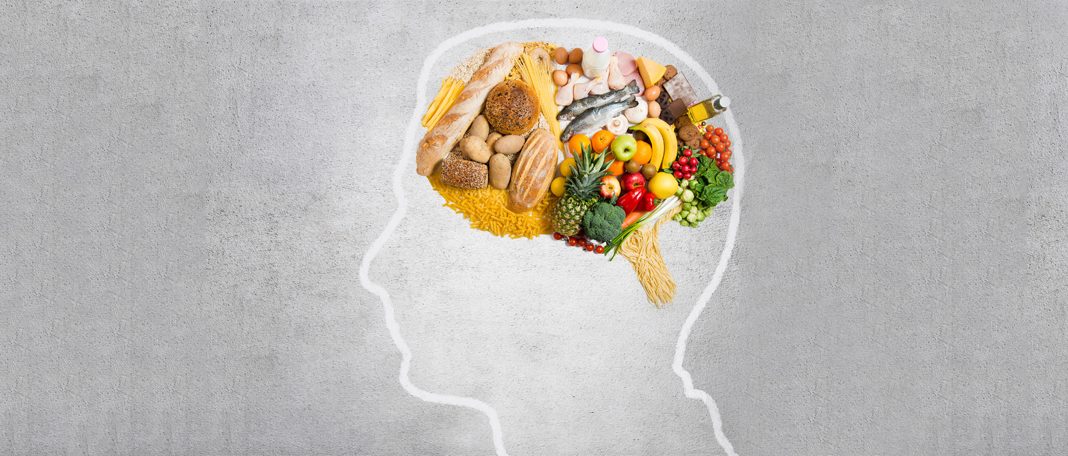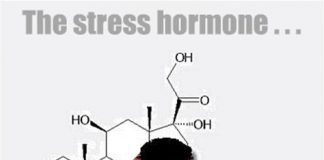Ghrelin Functions and Significance
Ghrelin is a hormone produced in your stomach, signaling the brain that your tummy is empty and you are hungry. Once the hormone is released in your gut, it will travel through your bloodstream to the brain, stimulating you to eat food. The hormone is produced in the stomach, small intestine, and pancreas. Ghrelin functions include regulating the appetite, controlling insulin levels, and protecting your cardiovascular health. The primary function is to increase the appetite and that’s why ghrelin is often referred to as the “hunger hormone.” Here, we discuss ghrelin functions, causes, and effectiveness.
Why is ghrelin important?
Ghrelin plays a significant role in regulating calorie intake and fat levels in the human body. The hormone levels increase between mealtimes and decrease when your stomach is full. More secretion of the hormone will affect the hypothalamus of your brain and you will end up eating a large amount of food. Hypothalamus is a part of your forebrain below the thalamus which coordinates both the nervous system and the pituitary activity, controlling thirst, hunger, and other homeostatic systems.
Ghrelin functions
Other than regulating human appetite and body fat levels, ghrelin performs other numerous functions which are:
- It helps in pituitary gland secretion, triggering the gland to secrete anterior pituitary hormones including growth hormones.
- The hormone helps in regulating insulin, a hormone that controls the amount of glucose in your bloodstream, by controlling insulin secretion levels.
- Stimulates the function of your digestive system in moving the consumed food from the stomach to the small and large intestines.
- Ghrelin has a minor role in protecting your muscles from weakness.
How to Control Ghrelin and leptin
Controlling Ghrelin:
- Eat a balanced diet: Include foods high in fiber, protein, and healthy fats to help reduce ghrelin production and keep you feeling fuller for longer.
- Avoid sugary and processed foods: These can cause blood sugar spikes and increase ghrelin production. Opt for whole, unprocessed foods instead.
- Eat regular meals: Establish a consistent eating schedule with three balanced meals to help regulate ghrelin levels and prevent excessive hunger.
- Get enough sleep: Aim for 7-9 hours of quality sleep each night to maintain hormonal balance, as sleep deprivation can increase ghrelin levels.
- Manage stress: Chronic stress can increase ghrelin production. Incorporate stress management techniques like exercise, meditation, or engaging in hobbies to help reduce stress levels.
Controlling Leptin:
- Eat a balanced diet: Include protein-rich foods, healthy fats, and high-fiber foods to support leptin sensitivity and regulation.
- Avoid overeating: Consuming excessive calories can lead to leptin resistance. Practice portion control and mindful eating to prevent overeating.
- Get enough sleep: Adequate sleep is essential for maintaining leptin sensitivity. Aim for 7-9 hours of quality sleep each night.
- Exercise regularly: Regular physical activity helps enhance leptin sensitivity. Incorporate both cardiovascular exercises and strength training into your routine.
- Manage stress: Chronic stress can affect leptin levels. Prioritize stress management techniques to keep stress levels in check.
How to reduce ghrelin hormone?
- Eat a balanced diet: Include foods that are high in fiber, protein, and healthy fats. These types of foods can help you feel fuller for longer and reduce the release of ghrelin.
- Avoid sugary and processed foods: Foods high in sugar and processed carbohydrates can cause spikes in blood sugar levels, leading to increased ghrelin production. Opt for whole, unprocessed foods instead.
- Eat regular meals: Establishing regular eating patterns can help regulate ghrelin levels. Aim to have three balanced meals and avoid skipping meals or engaging in prolonged fasting.
- Get enough sleep: Lack of sleep can disrupt hormones, including ghrelin. Aim for 7-9 hours of quality sleep each night to help maintain hormonal balance.
- Manage stress levels: Chronic stress can increase ghrelin production. Incorporate stress management techniques such as exercise, meditation, deep breathing, or engaging in hobbies to help reduce stress levels.
- Stay hydrated: Drinking an adequate amount of water throughout the day can help curb hunger and reduce ghrelin levels.
- Exercise regularly: Engaging in regular physical activity has been shown to suppress ghrelin production. Aim for a combination of cardiovascular exercises and strength training.
- Consider mindful eating: Practice mindful eating by paying attention to your hunger and fullness cues, eating slowly, and savoring each bite. This can help regulate ghrelin levels and promote healthier eating habits.
It’s important to note that ghrelin is a complex hormone influenced by various factors, and individual responses may vary.
Bottom Line
Ghrelin is very much essential for a human’s metabolic activities. Consider following the above guidelines to maintain healthy ghrelin levels.
















